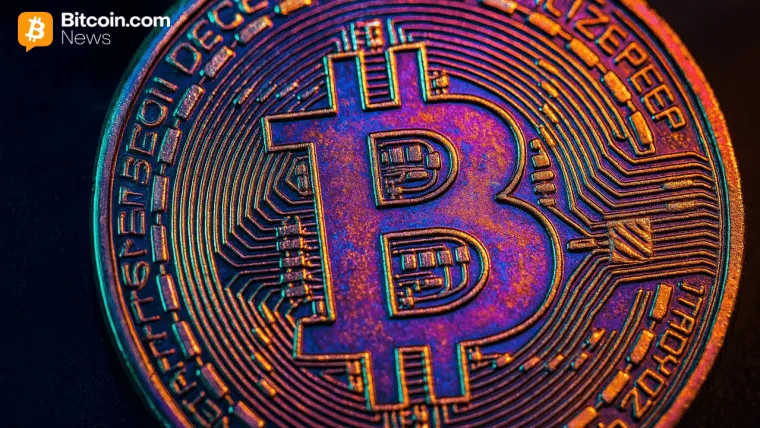This article represents the personal views of Robin Burns; offering insights into how players can adapt to changing rules and maintain control while enjoying online gaming responsibly.
I’ve been following the changes in the Dutch gambling market closely, and I believe the landscape has transformed more in the past few years than in the previous decade combined. With the introduction of the Remote Gambling Act and the CRUKS exclusion system, access to online casinos has shifted dramatically. Licensed operators must now connect to CRUKS, automatically blocking anyone registered in the system from playing.
Regulators argue that these updates protect players, and while I understand that intention, I can’t ignore how restrictive it feels for many Dutch gamblers. Favourite platforms have vanished, and finding safe, enjoyable alternatives has become more complicated. Still, I argue that this shift doesn’t signal the end of choice — rather, it challenges us to adapt and play smarter.
1. Getting Used to a Stricter System
In my view, the new rules have tightened the boundaries of what’s available within the Netherlands. Anyone who wants to gamble legally now needs to be far more proactive — checking licences, reviewing terms, and confirming whether a casino connects to CRUKS.
Personally, I see this as both a frustration and an opportunity. While some players find the rules too rigid, I believe they push us to become more informed. For those who value freedom and variety, international platforms have become a compelling alternative. I’ve noticed more Dutch players exploring licensed and transparent casinos abroad that offer broader payment options and more diverse gameplay. The trick, as I see it, is learning how to separate the legitimate international sites from the ones that aren’t trustworthy.
2. Why I Think More Players Are Turning to International Casinos
As domestic restrictions have tightened, I’ve observed that foreign casinos are becoming more attractive. They tend to offer faster payments, better bonuses, and wider game selections — benefits that many Dutch players understandably find appealing.
Still, I argue that choosing where to play shouldn’t be based solely on excitement or offers. It should come down to trust. I always recommend checking for:
- Valid licensing from a reputable authority
- Clear terms and fair withdrawal policies
- Independent reviews from credible sources
- Familiar, secure payment methods
I believe resources like casino.zonder-cruks.com are valuable because they centralise reliable information. In a marketplace flooded with options, a trusted guide can make all the difference between a smooth experience and a risky one.
3. Staying Safe When Gambling Abroad
From my perspective, gambling internationally can be rewarding — but it’s not without its responsibilities. Different jurisdictions mean different rules, and I believe players need to take more control over their own safety.
I always make sure to check how a casino handles data and payments before committing. Encryption, licensing, and reputable payment providers are non-negotiable in my book. If those aren’t visible, I walk away.
I also argue that gambling abroad requires a greater sense of self-awareness. Without the same local oversight, we become our own regulators. That means setting spending limits, tracking play time, and staying alert to habits that could spiral out of control.
4. Responsible Play Still Matters — No Matter Where You Are
I’ve long believed that responsible gambling isn’t about restriction; it’s about self-discipline. Whether I’m playing locally or abroad, I think the same principles apply. The best casinos, in my view, are the ones that prioritise player wellbeing and include built-in tools to help maintain balance, such as:
- Deposit limits
- Session reminders
- Self-exclusion options
- Support for those seeking help
I argue that the safest players are those who know when to step back. Gambling responsibly isn’t about fear — it’s about keeping control, understanding risk, and recognising that enjoyment should always come first.
5. Preparing for What’s Next in Dutch Gambling
In my opinion, the Dutch gambling market will remain tightly regulated for some time. That might frustrate many players, but I see it as a chance to become more knowledgeable and resilient. The ones who thrive will be those who understand the system, adapt to it, and use it to their advantage.
Exploring international options safely gives players more freedom without discarding responsibility. I believe transparency is the real key — and tools like trusted comparison sites make that possible. They give players clarity and confidence in a changing market.
Looking Ahead
I think it’s natural for tighter regulation to feel restrictive at first. But in my view, it’s also an invitation to make better choices. By learning how the new rules work, researching legitimate platforms, and putting safety first, Dutch players can still enjoy the thrill of online gaming responsibly — whether at home or abroad.
I believe the future of Dutch gambling isn’t about fewer options; it’s about smarter play. The industry is evolving fast, and I argue that knowledge, not luck, is now the most valuable currency. Staying informed is more than just wise — it’s the best way to ensure the game stays in our hands.
Robin Burns is a tech-savvy writer with a passion for making complex ideas simple. From the fast-paced world of crypto to the evolving digital finance landscape, Robin brings insight and curiosity to every piece. With a background in technical writing and a keen eye for emerging trends, Robin helps readers stay ahead of the curve in the ever-changing world of technology and blockchain innovation.
免责声明:本文章仅代表作者个人观点,不代表本平台的立场和观点。本文章仅供信息分享,不构成对任何人的任何投资建议。用户与作者之间的任何争议,与本平台无关。如网页中刊载的文章或图片涉及侵权,请提供相关的权利证明和身份证明发送邮件到support@aicoin.com,本平台相关工作人员将会进行核查。




